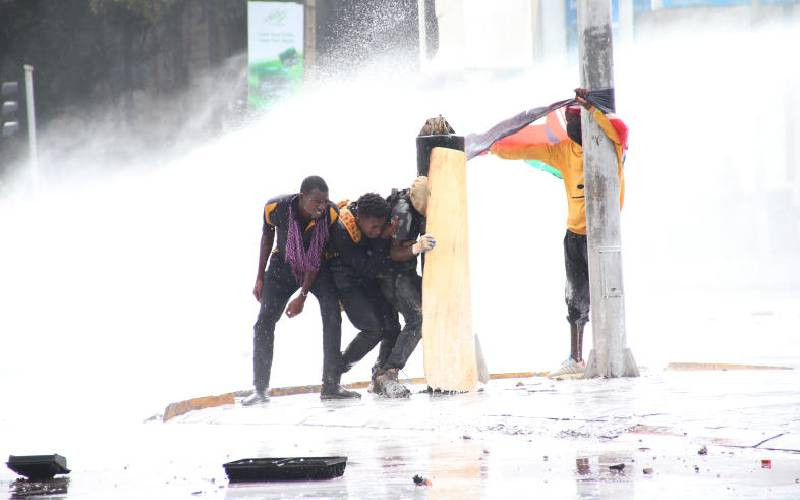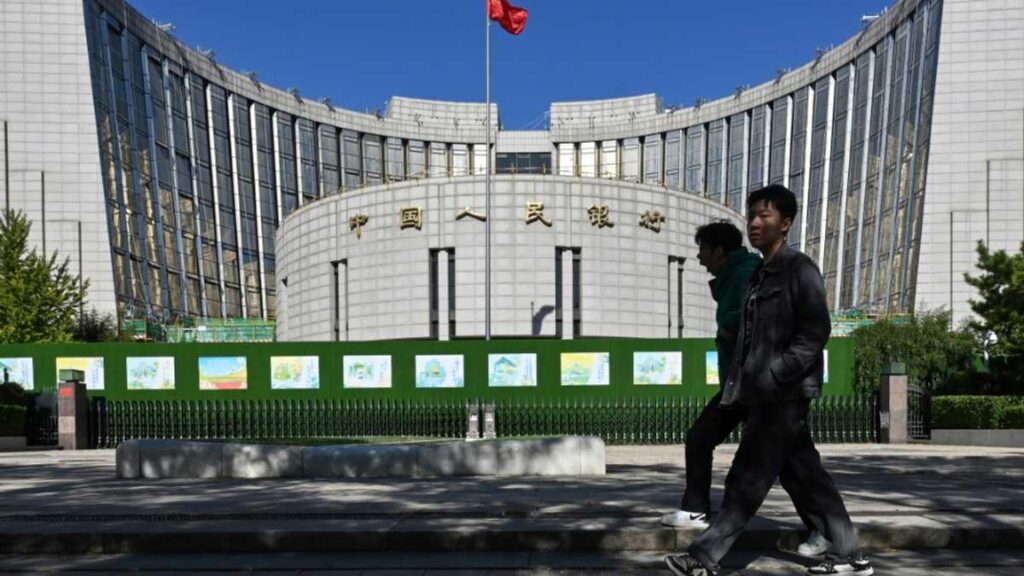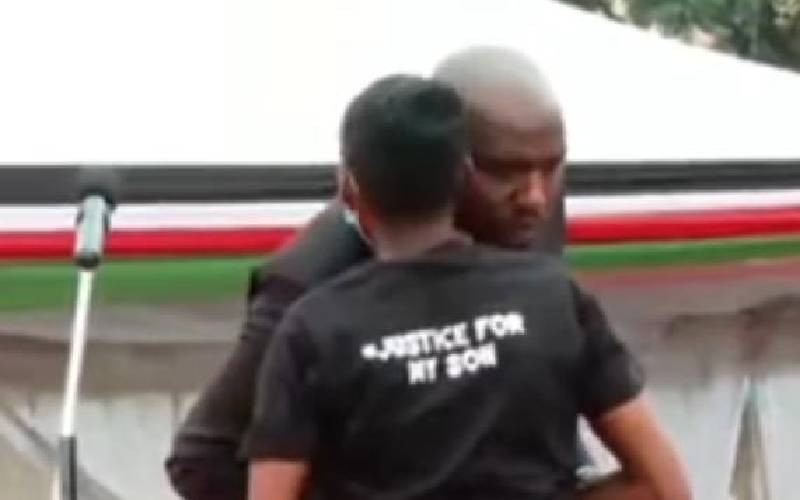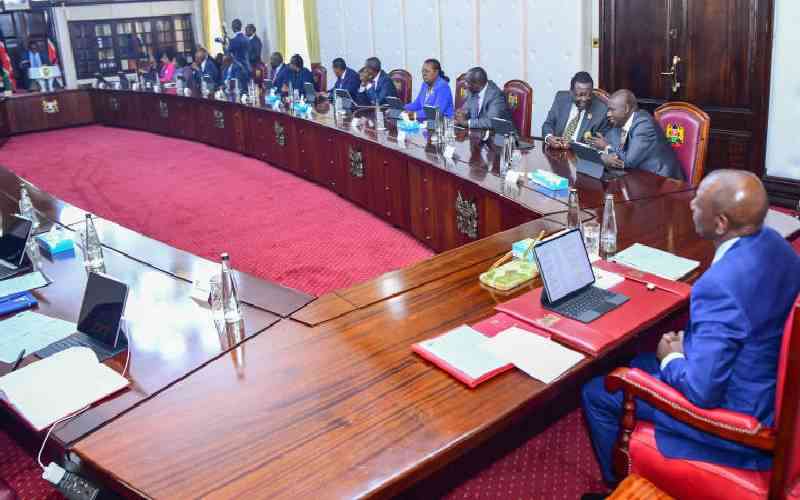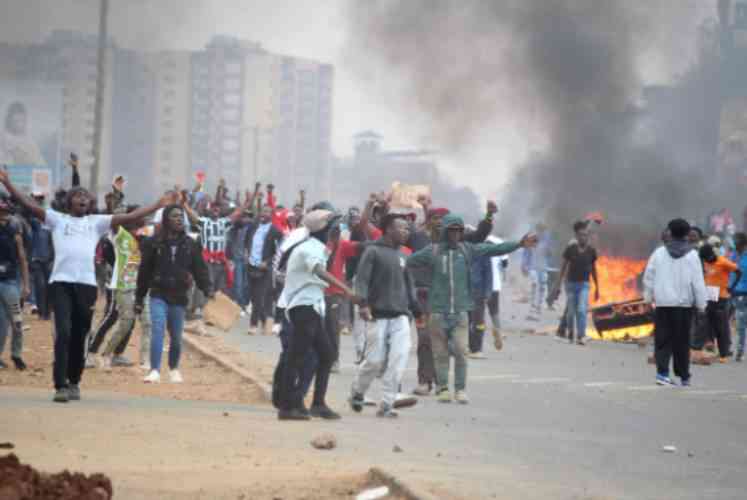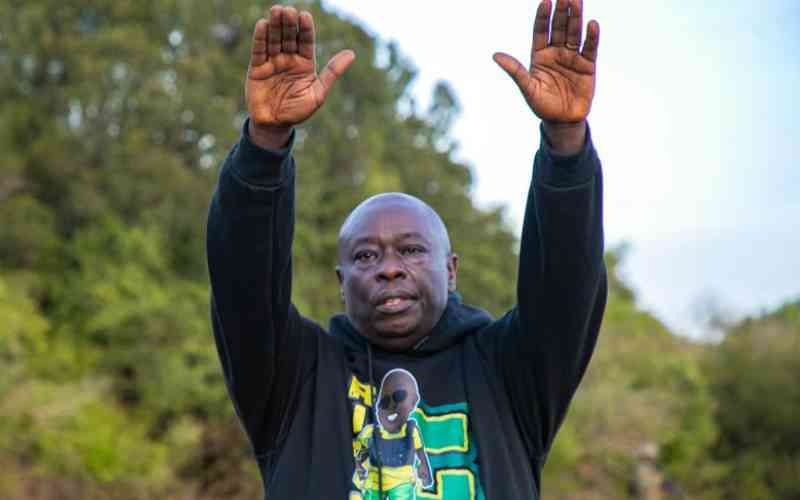The Gen Z protests, variously described as a youth ‘revolution’, ‘uprising’, or ‘rebellion’, have swept across the country, leaving behind a trail of injuries, destruction, and anxiety on an unprecedented scale.
The Finance Bill protests on June 24, 2024 appeared to make a point significant enough for the Gen Zs to be heard. Many hoped to return home with renewed optimism, expecting relief from the harsh grip of poverty and a restoration of dignity through inclusion, participation, and a government willing to listen.
However, with grievances largely unaddressed, the protests have come to symbolise resistance. On their first anniversary, the protests became a charged forum for expressing frustrations over numerous broken promises. The once-celebrated ‘kababa’ and ‘ka-mum’ children, politically hailed as the ‘leaders of tomorrow’, seemed to reach a boiling point. Their grievances threatened to merge with other previously unrelated groups, some discontented and others opportunistic, potentially coalescing into a broad-based unrest.
The government, largely composed of the Gen Zs’ parents, quickly moved to pre-empt what it perceived as an existential national threat. Reacting to their own sons and daughters, now labelled Gen Z to create psychological distance and minimise guilt, the state intensified its force. Orders to shoot ‘to injure’, disable, or even kill were issued, marking any restless youth as a ‘terrorist’, ‘criminal’, ‘arsonist’, or coup plotter.
This situation raises a crucial question: where does the real tragedy lie—among the unarmed Gen Zs peacefully protesting, or within a government that deliberately employs violence? Is the tragedy with the youth or with their parents? Gen Zs’ emergence reflects their growing awareness of their marginalised place in the socio-economic order. They collectively identify as a targeted, unemployed, and impoverished generation, living alongside rampant corruption, extravagance, and nepotism—a reality widely acknowledged in 2024.
President William Ruto himself described the protests as genuine and objective, highlighting their non-tribal, non-partisan, and leaderless nature. Yet, the government’s response has been brutal suppression of these ‘tribeless’ and ‘leaderless’ youths, defying logic and escalating the crisis.
Peter Wambugu, a psychological counsellor at Healing Springs Psychological Services, warns that this illogical response edges Kenya towards catastrophe. “Lies and broken promises have driven the Gen Zs to violence, destroying even what little their parents had,” he says. “Meanwhile, self-serving politicians exploit the crisis, deepening the status quo rather than resolving the conflict, a cycle repeating since the Lancaster Conference of the 1960s.”
Wambugu laments the Church’s failure to recognise this inequality, which leaves the majority, Gen Z, feeling abandoned. “It’s a green light for them to do whatever it takes to rebuild their lives,” he explains.
Lewis Kithinji, a Gen Z communications student at Embu University, describes the violence against youths—abductions, killings, disappearances, bodies found in rivers—as a sign that young people are being targeted for elimination. “Their actions are driven by a fight for survival,” he says. Echoing this, Esther Koli, a women’s representative aspirant in Trans Nzoia, says the killings provoke anger. She adds that the Gen Zs only sought to peacefully address issues of corruption, unemployment, taxation, poverty, inequality, and extrajudicial killings.
Researcher Kibiru Kaniaru places the problem beyond the Ruto administration, pointing to a broader ‘generation capture’ by an elite resistant to correction. “The 14 demands Gen Zs made in 2024—from job creation and forensic audits to debt repeal and healthcare access—threaten a corrupt elite,” he notes. This elite clings to the belief that only their views matter, dismissing youth demands and ignoring widespread discontent.
The gap between the elite and Gen Z is stark. The youth, with access to global information and technical skills, reject traditional thinking and behaviour modification imposed by older generations. This has caused a parent-child disconnect, worsened by poor parenting, which now reflects in the broader Gen Z versus state divide.
A humorous example of this disconnect involves a Gen Z boy who, when visiting a girl’s home, pretended he came to borrow a book titled ‘Can we meet outside the gate in five minutes?’ The girl’s mother, unaware of their true intentions, smiled, imagining academic diligence—until a pregnancy was later discovered.
As Gen Z voices its demands, it is imperative for all Kenyans to recognise this generation’s reality and work together to safeguard peace.
Stay informed. Subscribe to our newsletter








